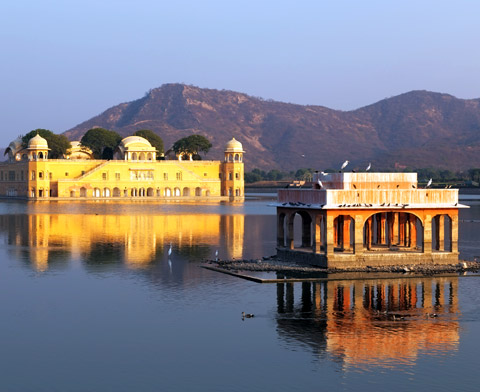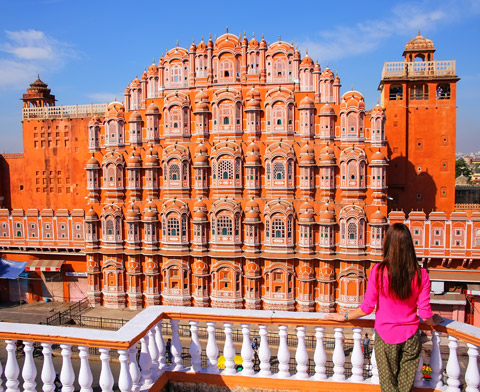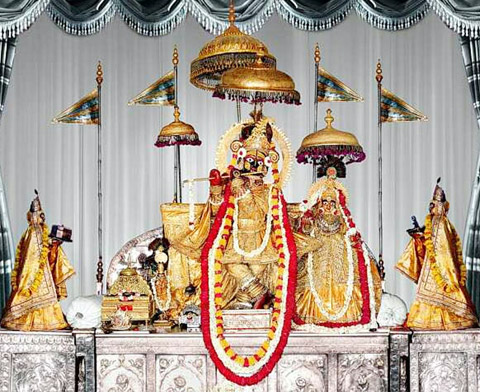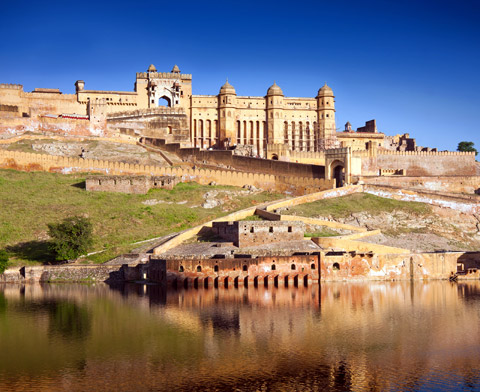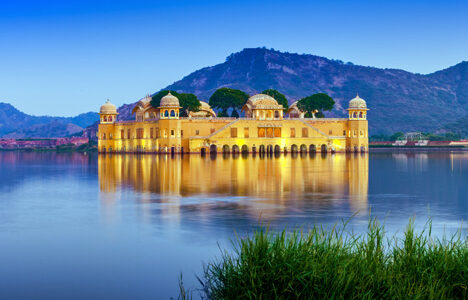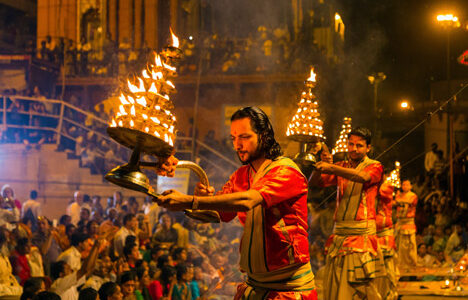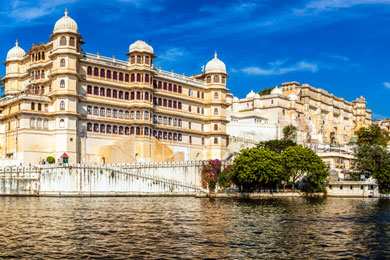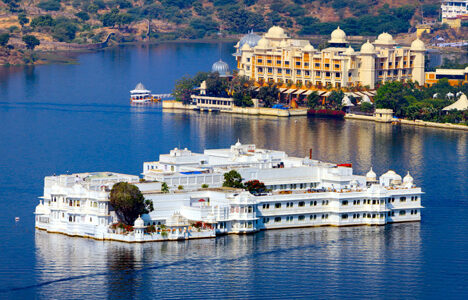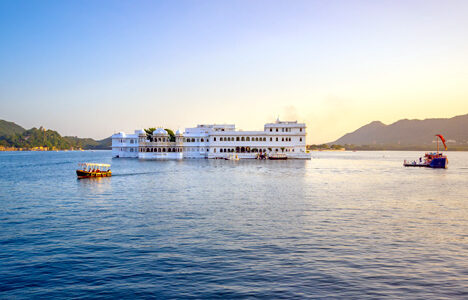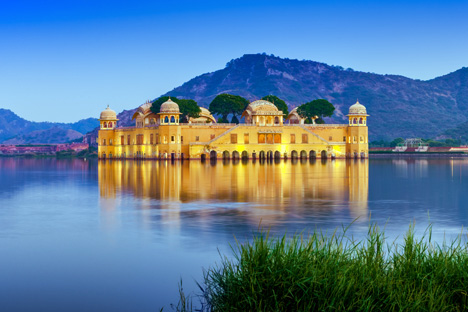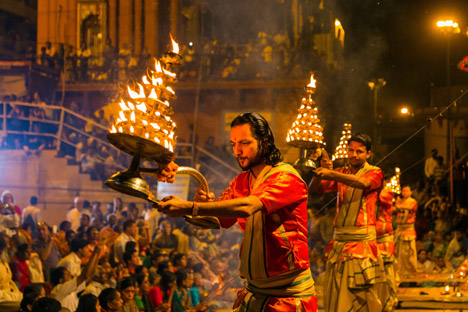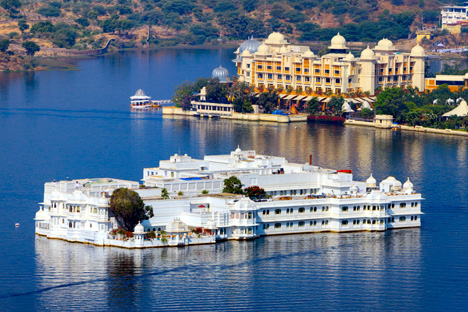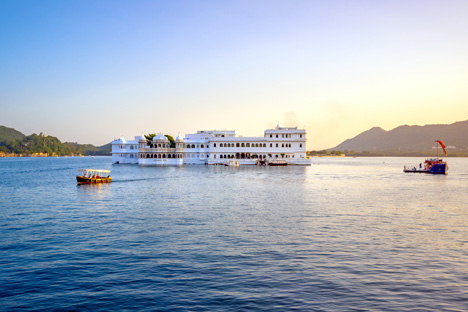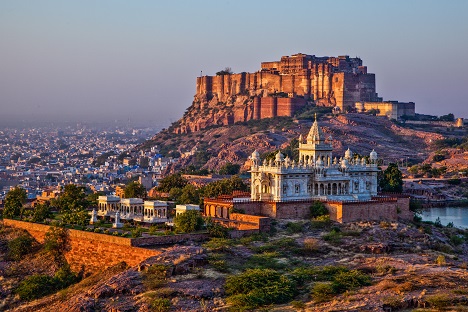Jaipur Historical Significance
Founded by Maharaja Sawai Jai Singh II in 1727, Jaipur is one of India’s earliest planned cities. Its historical significance is reflected in its architectural marvels, each telling a tale of the city’s royal heritage and valor. Designed with meticulous planning and an emphasis on Vastu Shastra, the city showcases exemplary urban architecture of its time. It served as a strategic and cultural center for Rajput rulers and played a key role in the history of Rajasthan. Today, Jaipur’s well-preserved heritage sites and royal palaces offer a glimpse into its glorious past.
Facts About Jaipur| Major Attractions | - Amer Fort, City Palace, Hawa Mahal, Jantar Mantar
|
| Language Spoken | - Hindi, Rajasthani, English
|
| Must Buy | - Jewelry, Textiles, Handicrafts, Blue Pottery
|
| Time Zone | |
| Experiences | - Heritage Walks, Shopping, Cuisine Exploration
|
| Cuisines | - Dal Baati Churma, Ghewar, Laal Maas
|
Festivals in Jaipur
- Jaipur Literature Festival: One of the most prestigious literary events in the world, this festival attracts authors, intellectuals, and literature enthusiasts from across the globe.
- Teej Festival: – Celebrated with grand processions, Teej is dedicated to Lord Shiva and Goddess Parvati and showcases Rajasthan’s vibrant culture.
- Kite Festival: – Celebrated on Makar Sankranti, the Kite Festival sees the sky filled with kites of all colors and sizes, creating a vibrant and festive atmosphere.
Travel Tips To Visit Jaipur
- Traveling to Jaipur can be a delightful experience but these tips will make your trip memorable.
- Respect local customs and traditions, especially when visiting temples and historical sites.
- Wear comfortable footwear for exploring forts and palaces.
- Stay hydrated, especially during the summer months.
- Bargain while shopping in local markets for a better deal.
- Try local Rajasthani dishes to savor the flavors of the region.
